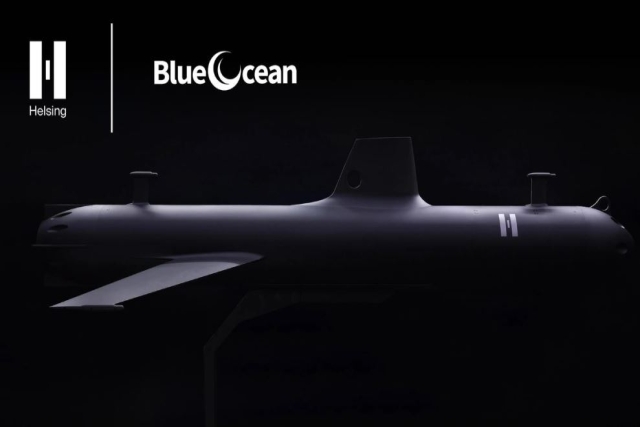Small Diameter Bomb II Completes Live Fire Tests
Raytheon and the U.S. Air Force have successfully tested two Small Diameter Bomb II (SDB II).
The live fire tests demonstrated the weapon's ability to detect, track and destroy moving targets and took place at the White Sands Missile Test Range. The flight tests are the final flight events required prior to Milestone C and the start of Low Rate Initial Production (LRIP).
Live warheads replaced telemetry payloads and completed the end-to-end tactical configuration that will be delivered to the U.S. Air Force and U.S. Navy.
"These tests showcased the weapon's new multi-effects warhead that provides SDB II with the capability to destroy targets while reducing collateral damage," said John O'Brien, Raytheon SDB II program director.
"Working closely with our U.S. Air Force customer, Raytheon is delivering this game-changing solution that fills a critical capability gap for U.S. warfighters." Brien added.
SDB II will continue to execute Guided Test Vehicle and Live Fire Flight Tests in the coming months, even as the program enters LRIP.
SDB II employs Raytheon's unprecedented tri-mode seeker. The new seeker operates in three modes: millimeter-wave radar, uncooled imaging infrared and semi-active laser. These three modes enable the weapon to seek and destroy targets, even in adverse weather conditions from standoff ranges.
SDB II can strike targets from a range of more than 40 nautical miles, with a dynamic warhead that can destroy both soft and armored targets, while keeping collateral damage to a minimum through a small explosive footprint. The highly accurate SDB II offers warfighters the flexibility to change targets after release through a secure datalink that passes in-flight updates to the weapon.
The Department of Defense has validated SDB II as a weapon that meets a critical warfighter need. The DoD also has invested more than $700 million in the SDB II program.









